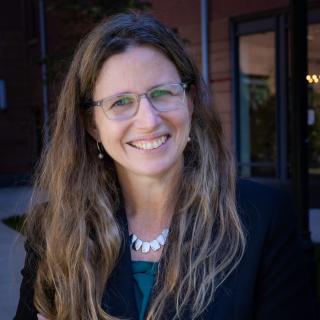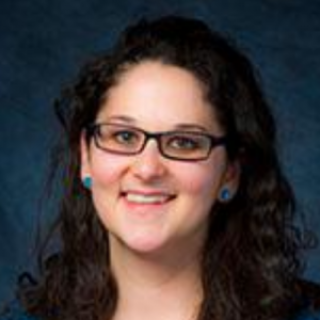Early Care and Education Use Among Young Children in New Jersey in 2022

May 30, 2023
New Jersey’s families rely on a wide range of early care and education (ECE) arrangements—formal and informal, paid and unpaid—to meet the needs of their young children. NIEER surveyed a representative sample of New Jersey households in June 2022 to gain a better understanding of these arrangements and how well the ECE needs of children and families are being met. Our primary goal is to provide information that informs policies to better support young children and their families.
Specifically, NIEER asked families with children 5 and younger in New Jersey what types of arrangements they used, number of hours of ECE, why they chose their arrangements or decided not to use nonparental ECE, what challenges they encountered, and how much they paid. We break out this information by family background characteristics such as income, race/ethnicity, parent education level, and household structure.
The survey found that 70% of children under age 5 in New Jersey received some form of non-parental ECE in 2022, which is higher than the national average of 60%. Types of arrangements differ by the age of the child and by family background and region of the state. For example, higher-income families use center-based ECE much more than lower-income families. Download the report for more details.
Authors
Milagros Nores is the Co-Director for Research at the National Institute for Early Education Research (NIEER). Her expertise and interests are in early childhood development, data-driven policy development, evaluation design, equity, and dual language learners.
Allison Friedman-Krauss is an Assistant Research Professor at NIEER and the ITC@NIEER project director. Her research focuses on early childhood care and education policy, quality, and interventions, and cognitive and social-emotional development of low-income children.
Steven Barnett is a Board of Governors Professor of Education at Rutgers University and Senior Co-Director of NIEER. His research interests include the economics of early care and education, the effects of early care and education on children’s learning and development, program evaluation, and policy analysis focusing on equity and efficiency.
The Authors
Dr. Milagros Nores is the Co-Director for Research and Associate Research Professor at the National Institute for Early Education Research (NIEER). With a profound expertise in early childhood evaluation, informing data-driven policy and programming, cost and benefits of early interventions, evaluation design, equity, and English language learners, she has established herself as a leading researcher in the field of early care and education.
Allison Friedman-Krauss is an Assistant Research Professor at NIEER where she is also the Associate Director for Policy Research and Director of the Infant and Toddler Policy Research Center.
W. Steven (Steve) Barnett is a Board of Governors Professor and the founder and Senior Co-Director of the National Institute for Early Education Research (NIEER) at Rutgers University. Dr. Barnett’s work primarily focuses on public policies regarding early childhood education, child care, and child development.


